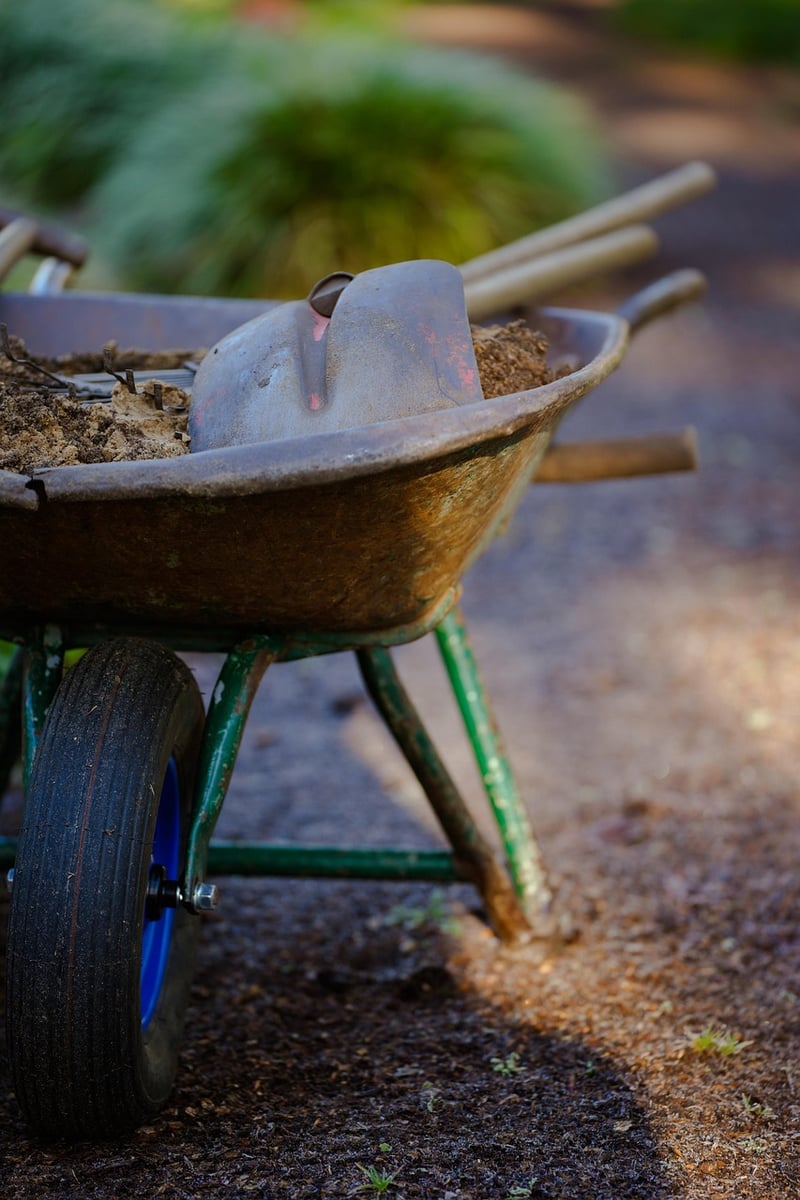Pest Control
Caring for Your Vertical Garden and Pest Control
Introduction to Vertical Gardens
Vertical gardens are a fantastic way to bring nature into small spaces, improve air quality, and create visually appealing greenery. Whether you have a living wall indoors or outdoors, proper care is essential to keep your vertical garden thriving.
Tips for Caring for Your Vertical Garden:
- Watering: Ensure your vertical garden receives adequate water. Depending on the plants, you may need to water daily or a few times a week.
- Light: Place your vertical garden where it can receive sufficient natural light or use grow lights for indoor setups.
- Fertilizing: Regularly feed your plants with a balanced liquid fertilizer to promote growth and blooming.
- Pruning: Trim back overgrown or dead foliage to encourage new growth and maintain the overall health of your garden.
- Monitoring: Keep an eye out for pests, diseases, and signs of stress in your plants.
Pest Control in Vertical Gardens:
Pests can be a common issue in vertical gardens. Implementing preventive measures and early detection can help keep your plants healthy. Here are some natural pest control methods:
- Neem Oil: Dilute neem oil and spray it on your plants to deter pests like aphids and spider mites.
- Diatomaceous Earth: Sprinkle food-grade diatomaceous earth around the base of plants to control crawling insects.
- Beneficial Insects: Introduce ladybugs or predatory mites to feed on harmful insects in your garden.
- Companion Planting: Plant pest-repellent herbs like basil or marigolds near vulnerable plants to deter pests.
Conclusion
By following these care tips and implementing natural pest control methods, you can enjoy a flourishing vertical garden that adds beauty and greenery to your space. Remember to observe your plants regularly and adjust your care routine as needed to ensure their well-being.

For more information on vertical gardening and pest control, visit Royal Horticultural Society.
